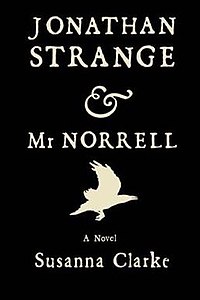 The Basics: A Spot of Bother, Mark Haddon, 2006, 354 pages, hardcover
The Basics: A Spot of Bother, Mark Haddon, 2006, 354 pages, hardcoverHow I found it: I really enjoyed Haddon's The Curious Incident of the Dog in the Night-Time and thought I should read his most recent novel.
What's it about?: This novel follows the members of a dysfunctional and oh-so-English family as they prepare for the daughter's upcoming wedding. The "spot of bother" is a mysterious rash on the retired father's hip that he becomes convinced is cancer. As their patriarch, George, slips into paranoia, depression and anxiety, Jean, the mother, Katie, the newly-engaged single mom, and Jamie, the unlucky in love gay son, struggle to cope with this change in their lives, as well as their own problems.
Did I like it?: From reading the description above would you believe that this book is supposed to be a comedy? In a lot of ways, this book is filled with typical English humour about usually unfunny subjects. The humour is supposed to be a counterpoint to the strife facing this family, but I mostly found the book sad, rather than funny. The book is told from the perspectives of all four members of the family and while I really enjoyed Jamie's portions, I found Katie and Jean's portions quite boring. George, the newly "crazy" dad's narratives were actually frightening to me as I witnessed first hand his descent into madness and his family's powerlessness to stop it. Compared to The Curious Incident, which I really loved, I didn't really enjoy this book.
Will you like it?: If you are a true fan of English black comedy, you might like this book. However, if you've never read any Haddon before, I suggest you start with The Curious Incident since A Spot of Bother is far inferior.
But don't take my word for it: The usual publisher-approved reviews and reader reviews from Amazon, a review from the New York Times, another from The Guardian, one from PopMatters, and finally one from the Literary Feline blog.

